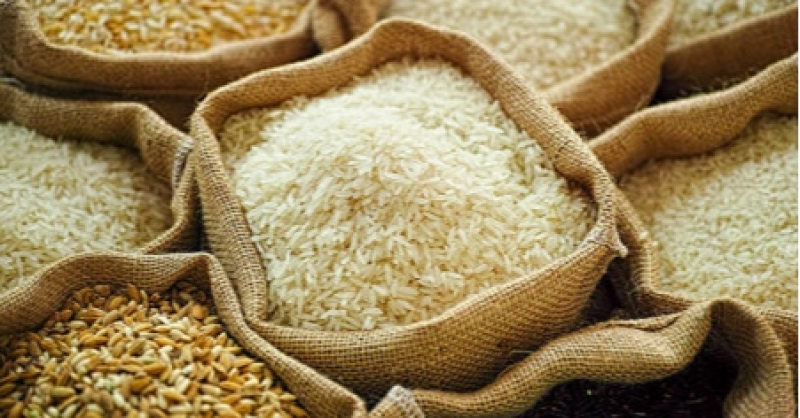- Bangladesh Faces $1.25 Billion Export Loss from US Tariffs |
- Israel Expands Gaza Assault as UN Warns of ‘Genocide’ |
- World Ozone Day Highlights Progress and Future Action |
- DG Health Services gives 12 directives to treat dengue cases |
- Stock market shows recovery as investors back: DSE chairman |
Dhaka to Distribute 36.6 Lakh Tonnes of Food Grains in FY26

The government of Bangladesh plans to distribute 36.61 lakh metric tonnes of food grains in the 2025-26 fiscal year to support low-income citizens under various social safety net programmes and help contain inflationary pressures.
Inflation in the country rose to 8.55 percent in July 2025, driven by modest increases in both food and non-food prices, according to the Bangladesh Bureau of Statistics (BBS).
Of the total allocation, 30.57 lakh metric tonnes of rice and 6.04 lakh metric tonnes of wheat will be distributed, slightly higher than the previous fiscal year’s 33.05 lakh tonnes (26.30 lakh tonnes of rice and 6.75 lakh tonnes of wheat).
Under the Open Market Sale (OMS) programme, 2.40 lakh tonnes of rice and 3 lakh tonnes of wheat will be distributed. While 1,066 OMS centres currently operate in city corporations and major municipalities, demand exceeds supply. The annual rice requirement under OMS is around 3,06,240 tonnes, against the current allocation of 66,000 tonnes. Similarly, monthly wheat requirements total 39,743 tonnes, pushing annual demand to nearly 4.77 lakh tonnes versus 3 lakh tonnes currently allocated.
Officials noted the shortfall underscores the need to revisit allocation levels to meet actual consumption patterns and ensure uninterrupted supply for low-income consumers. Rice prices continue to drive food inflation, rising sharply in contribution from 40 percent in May to 51.55 percent in July, with medium and coarse rice accounting for the bulk of the increase.
Bangladesh’s food distribution programmes, managed primarily by the Directorate General of Food under the Ministry of Food, are key pillars of social safety nets. They combine targeted subsidies, emergency relief, and support for disaster-affected populations. Major initiatives include Vulnerable Group Feeding (VGF), Vulnerable Group Development (VGD), Food for Work (FFW), and Test Relief (TR), which distribute rice and wheat to rural and urban poor households, often as payment for labour on infrastructure projects.
The OMS programme also provides subsidised rice and flour nationwide, stabilising prices for low-income consumers, while rapid-response relief channels distribute food grains during floods or cyclones. Development partners, including the World Food Programme, support capacity building, targeting, and supply chain management.
Officials said approximately 55 lakh families will receive 30 kilograms of rice per month at Tk 15 per kilogram, up from 50 lakh families previously. Distribution will take place in August, September, October, November, February, and March. “We hope market prices will remain comparatively lower as our storage is satisfactory,” an official said.

